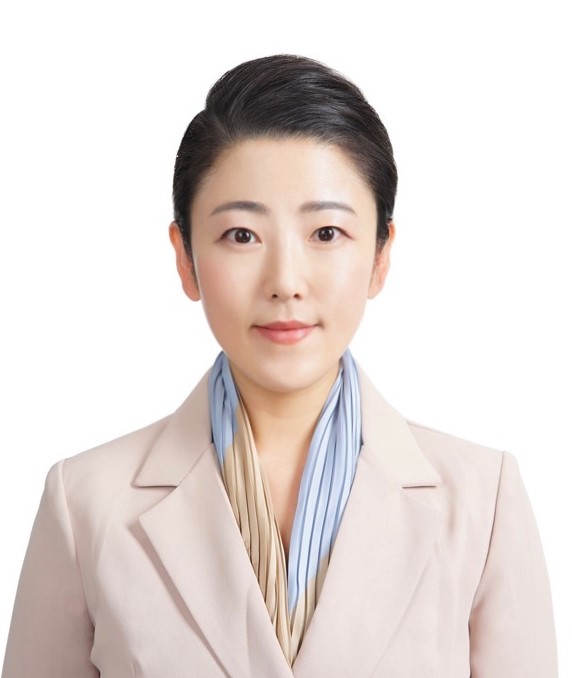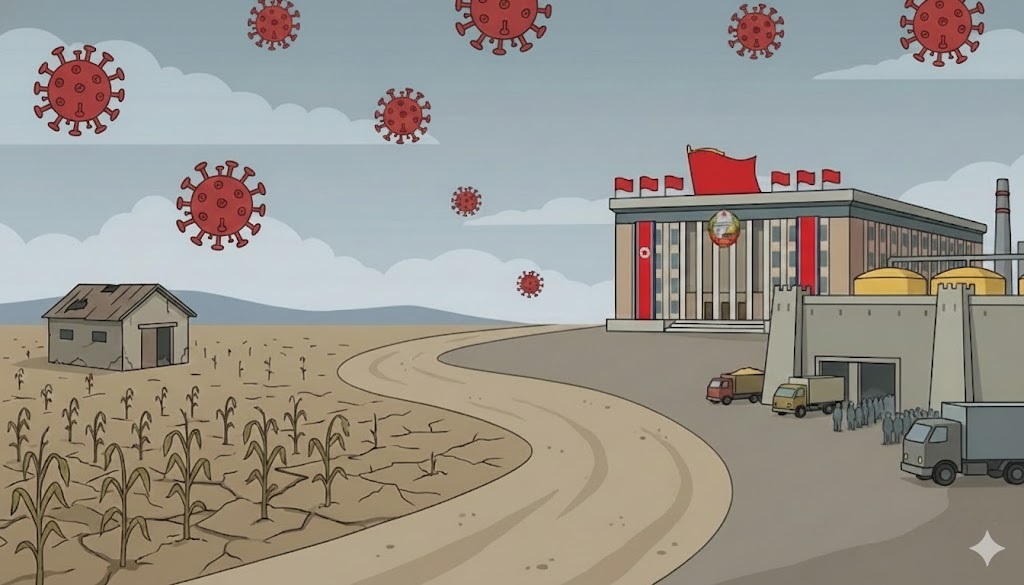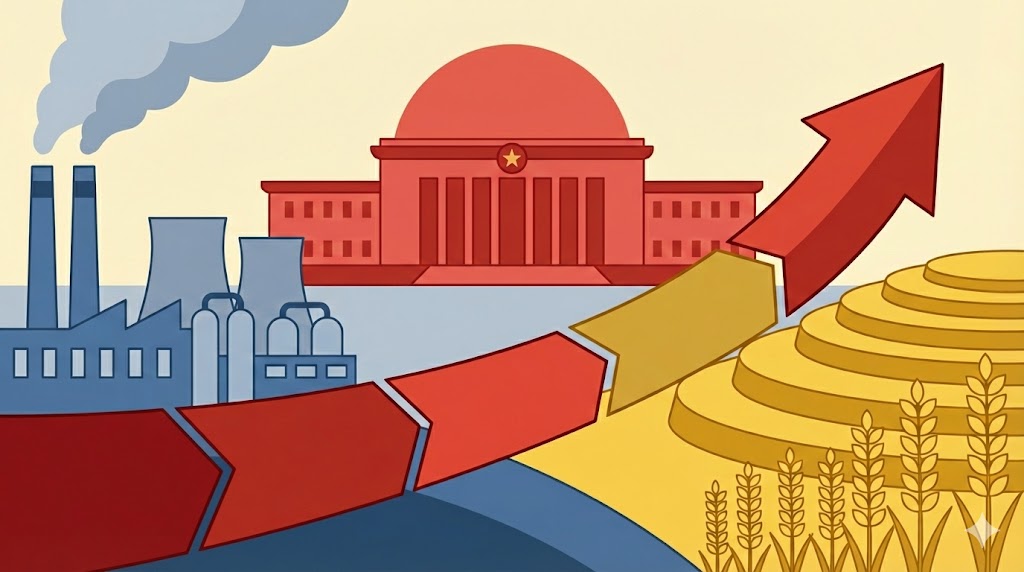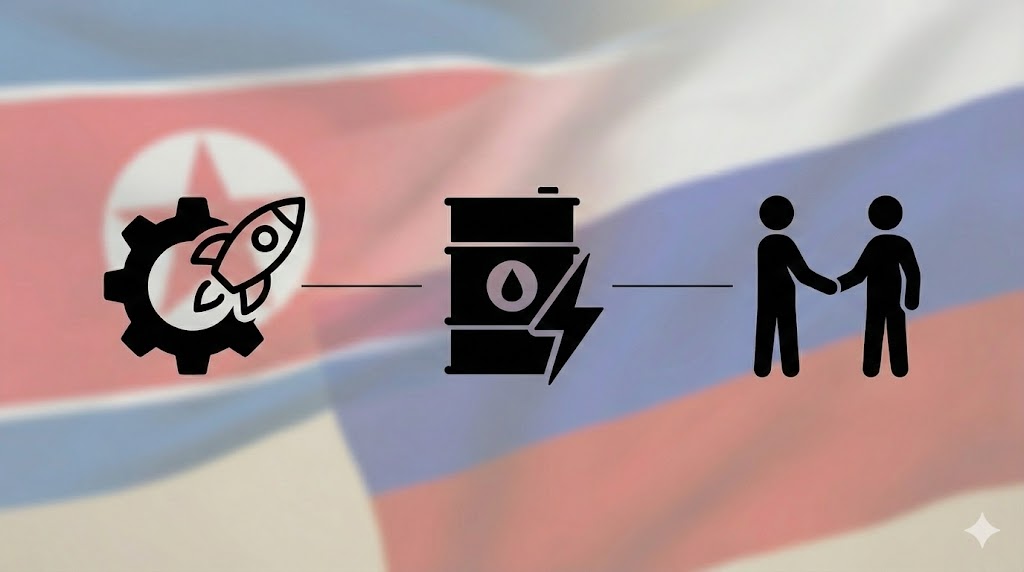Editor’s Note
In this Research Review, Dr. Hyesuk Kang and Dr. Kyungmo Ahn examine how North Korean ideologies have changed under the Kim Jong-un regime and outline the policy implications of this evolution. They find that the “Our State First” and “People First” principles have come to replace Songun (military first) thought as the pillars of North Korean government ideology. Dr. Kang and Dr. Ahn argue that such a shift in ideology stirred the transition from the Byungjin line to the ‘New Strategic Line’ in 2018, indicating that the flurry of diplomatic outreach from Pyongyang was in fact, calculated and strategic, not simply done on a whim. As North Korea veers sharply back towards conservativism and strict socialism, we must evaluate what went wrong in the 1990s, when the international community’s de-radicalization attempts only pushed North Korea further toward the extreme, in order to avoid repeating the same mistakes.
Where is North Korea headed in the Kim Jong-un era, during which the dramatic phases of the worst war crisis and the first series of summits between the two Koreas and the U.S. have crossed?
This study attempts to forecast North Korea’s future course of action through an analysis of the changes in North Korea’s political ideology during the Kim Jong-un era. We believe that an analysis of ideology must precede the examination of the long-term, fundamental objectives underlying various policies and strategies initiated by the Kim Jong-un regime, such as the ‘Byungjin line of simultaneously pushing forward the economic construction and the building of a nuclear force,’ the ‘New Strategic Line,’ and the ‘Frontal Offensive for Making a Breakthrough.’ We aim to provide prospective analysis rather than just offer a retrospective explanation.
As such, this study focuses on ideologies and governance discourse born of the Kim Jong-un era, such as Kim Il-sung-Kim Jong-ilism, the ‘Our State First Principle,’ and the ‘People First Principle,’ attempting to answer three main questions in doing so: first, what function does ideology serve in the socialist political system, and how has that role changed? Second, how has the political ideology of North Korea evolved? And finally, what is the new political ideology of the Kim Jong-un era, and what are the implications of this shift in ideology?
Regarding the first question, this study highlights that ideology is an important variable to consider in the long-term analysis of the role of socialism as a source of political legitimacy. It demonstrates that the process of change in political ideology is closely related to the process of political succession. Finally, it reveals that Franz Schurmann’s concept of ‘organizational ideology,’ [1] as divided into practical and pure ideology, provides a useful framework for analyzing the evolution of the role of political ideology in a socialist political system.
Regarding the second question, this study argues that despite many claims of North Korean exceptionalism, its political ideological evolution from Marxism-Leninism, to Juche ideology, to Songun (military first) ideology, and finally to Kim Il-sung-Kim Jong-ilism has followed the same general pattern as those of other socialist countries. These findings suggest that North Korea is a rational actor, contrary to claims that it is unpredictable, capricious, and unreasonable.
Regarding the third question, this study focused on the transition from the Songun principle to a principle that prioritizes ‘the state’ and ‘the people.’ In recent years, the idea that has come to be most widely understood as representative of the Kim Jong-un era is the ‘Our State First Principle,’ now fully in effect. This principle continues to stress the concept of ‘the state,’ further advancing Kim Jong-Il’s Patriotism. In addition, the ‘People First Principle,’ which has been continuously emphasized by the regime since being defined as the core of Kim Il-sung-Kim Jong-ilism in 2013, has gradually become a key element of government rhetoric during the Kim Jong-un era.
At the Eighth Party Congress in January 2021, it became clear that these two principles, centered on the state and the people, would become key pillars of the Kim Jong-un regime’s vision. In his report, Kim Jong-un made it clear that North Korea has entered “the era of Our State First Principle.” In addition, Songunpolitics, which was once the ideological foundation of the Workers’ Party of Korea (WPK), has been replaced by the ‘People First Principle.’
What are the implications of such a shift for the future of North Korea? First, one must understand the most fundamental characteristic of a socialist political system. That is, as Kenneth Jowitt argues, [2] all Leninist regimes maintain organizational integration by constantly sustaining a ‘combat ethos,’ which is based on the distinction between enemies and friends. It is worth noting that such an ideology, which involves the ‘negation’ of established order and forces, has been the basis for socialist regimes’ tendency to pursue revolution and bolster security as a revisionist state rather than development and welfare as a status quo state.
Therefore, reforming a socialist system inevitably entails relaxing the ‘combat ethos’; such a process involves replacing ‘discrimination and exclusion discourse’ with ‘discourse on unity and integration.’ This is why the emergence of discourse surrounding the state and the people, rather than class and the avant-garde party, can signal change. Khrushchev’s process of de-Stalinization, which happened in parallel with the declaration of the ‘All People’s State’ and ‘All People’s Party,’ or Deng Xiaoping’s ‘Reform and Opening Up’ initiative accelerated by strengthening patriotic sentiment, both demonstrate this mechanism.
Viewing the situation through this lens, we can understand why replacing Songun thought, which corresponds to maximal ‘combat ethos’ in North Korea, with discourse centering ‘the state’ and ‘the people’ led to the strategic transition from Byungjin line to the New Strategic Line presented at the Third Plenary Session of the Central Committee of the WPK in April 2018. In other words, North Korea’s policies at the inter-Korean summit and the historic U.S.-North Korea summit in Singapore were not the result of deception or whimsy, but was rather careful, long-term, and strategic evolution.
Given this context, this study argues that North Korea’s revisionist and aggressive stance after the failure of the second U.S.-North Korea summit may be the result of structural pressure generating a gap between North Korea’s will and reality, rather than a product solely of its own will. As such, we feel the failure was a missed opportunity not just for North Korea, but the entire international community.
In particular, it is worrisome that the Eighth Party Congress and subsequent trend toward conservatism as a result of the sudden emphasis on the national security and combatting non-socialism and anti-socialism have already begun to lead to policy changes. This is why we need to closely examine the failures of the 1990s, when attempts to de-radicalize North Korea, such as the Inter-Korean Basic Agreement, the Joint Declaration on Denuclearization of the Korean Peninsula, and the Revolutionary Economic Strategy, resulted in further radicalization such as Songunpolitics due to the coercive nature of the policies toward North Korea.■
[1] Schurmann, Franz. 1968. Ideology and Organization in Communist China. 2nd ed. Berkeley: University of California Press.
[2] Jowitt, Kenneth. 1992. New World Disorder. Berkeley and Los Angeles: University of California Press.
■ Hyesuk Kang is a a professor of academic research at the Korea Institute of Political Science at Seoul National University. She received a doctorate in political science from Seoul National University in 2017 with a thesis titled “The Politics of Legitimacy and Resilience: Adaptive State Nationalism in North Korea”. Her main research topics include North Korean politics, inter-Korean relations, nationalism, and gender issues. In particular, she is very interested in the formation process and influence of political ideology such as socialism, nationalism and the role of the state in it. To date, she has written 14 journal articles and 5 book chapters and a number of research reports. She worked for three years as a research professor at Soongsil University's Department of Political Science and Diplomacy. Currently, she serves as an advisor to major national organizations, including the Ministry of Unification and the Peaceful Unification Advisory Council.
■ Kyungmo Ahn is an associate professor of international relations at Korea National Defense University. He earned a doctorate in political science at Seoul National University with a thesis on the Military-First line during the Kim Jong Il era. The main research areas are North Korean politics, North Korean foreign policy, inter-Korean relations, and comparative socialism. He is the director of the research planning office and the center for North Korean Studies at the Research Institute for National Security Affiars(RINSA). He served as a policy advisor to the Unification Ministry (2018-2020) and is also providing advice to major government agencies such as the Ministry of National Defense and the National Intelligence Serive(NIS). Recently published research works include “Political Institutionalization and Changes in North Korean Politics during the Kim Jong Un era(2021), “Why did the Peace Process on the Korean Peninsula begin in 2018?: Structural Variables and the Future of U.S.-North Korea Relations(2021)”, “North Korean Strategy toward South Korea in the the Kim Jong-un era, 2018-2020(2020)” The papers currently being written are “Who lost the opportunity?: Lessons from the 2018 Peace Process on the Korean Peninsula", "Ruling vs. Governing: the Change of WPK and Prospects of North Korean Reform.”
■ Typeset by Seung Yeon Lee Research Associate; Sarah MacHargIntern;
For inquiries: 02 2277 1683 (ext. 205) | slee@eai.or.kr




